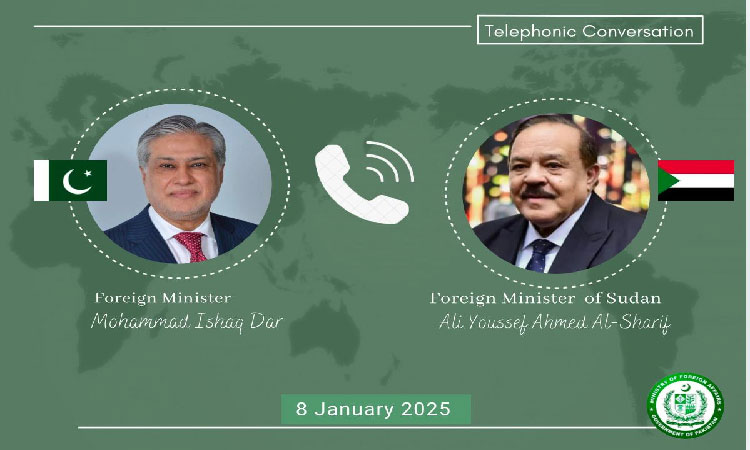America’s wars…..Touqeer Hussain
AS a long-time senator, President Joe Biden is a rare witness to a whole new era in US foreign policy in which America did not win a single war started by itself, ranging from Vietnam to the Afghanistan conflict. He realised the futility of wars to settle issues that cannot be resolved by force, especially in lands whose history and culture are beyond Americas understanding. No wonder as president he opposes forever wars.
But are these forever wars gone forever? Let us look at history and the trends. Bidens foreign policy is a complex mix of elitist passion for great power rivalry, the traditionalists commitment to alliances, and the populists belief that foreign policy must serve the interests of Americas working and middle classes. His policy thus aims at rebuilding strength at home and competition with China abroad, the latter shaped by Americas fear of losing its leading great power status to Beijing.
Biden began with a maximum pressure campaign against China by threatening to decouple the economy, ratcheting up tensions over Taiwan, and raising the geopolitical stakes by lining up allies against Beijing. But he succeeded only partially. Understandably, both China and the US have climbed down. Imagine a war over Taiwan, a major producer of semi-conductors, and its implications for the global economy. In their recent summit, Biden and President Xi Jinping emphasised the need to engage and compete but manage their strategic competition responsibly.
But with Europe impacted by the Ukraine war and facing economic challenges that make engagement with China a critical necessity, Washingtons gains have been mixed. Nato was strengthened but so was Europes urge for a balanced China policy that was not an adjunct to Americas great power rivalry with China.
America is doing its own rebalancing between geopolitics and geo-economics. Biden is making a special bid to reconnect with the Global South where the US is losing ground to China. This is partly the reason for the revival of US-Pakistan ties.
But the trouble with the American system is that one never knows what the next election and the politics of the day might bring to US foreign policy. The war itch could return. Since it became a superpower, the US has been getting into wars and exiting impulsively, creating consequences for itself and its partners. The wars were incited by an overweening pride in its military power and prompted by domestic political interest groups, as explained in Jack Snyders book Myths of Empire: Domestic Politics and International Ambition.
Given Americans own historical experience, going to war comes naturally to them. They do not look at the wisdom or morality of wars. It is almost as if an American war is righteous by definition. That is why, when they start losing, the debate is rarely about the war having been a bad idea. It is always about cutting losses and getting out. So, in the end, Americans never quite know why they really went to war and why they really exited. This is a perfect recipe for continuing to get into and out of future wars.
For a nation whose founding principle was religious liberty, war was nearly always defined as a divine mission, a struggle between good and evil, indeed a moral conflict. Though sometimes a force for good, it often disguised imperialist aims.
In recent history, Americas sense of exceptionalism merged with post-Cold War geopolitics, aggravating its traditional militarism. Driven by a supreme consciousness of power and the hubris of the unipolar moment, and then scarred by 9/11, America simplified and distorted the emerging global challenges and resorted to unilateralism. The result was failed wars in Afghanistan and the Middle East.
What can prevent future American wars? Hopefully, the realisation that US power is not absolute. America has walked alone on many issues. Its wars got entangled with bad partners, regional rivalries and bilateral conflicts, besides unleashing new forces of instability. They also hurt Americas image and credibility.
Other guardrails against war have also appeared at home and abroad. There is domestic opposition to wars. Besides, you cannot have war without European cooperation, which may not be taken for granted in the future. Europe is engaged in strategic diversification, and allies like Saudi Arabia and India have become polygamous in their relations with big powers. Look at the recent China-Arab summit. National priorities globally are now geo-economics, founded in geopolitics.
For Pakistan, friendly ties with the US are necessary but partnership in war is optional. Pakistan should never become Americas war partner again. Washingtons war aims will always be different from Pakistans. As in the past, the cost will outweigh the benefits.
Courtesy Dawn












